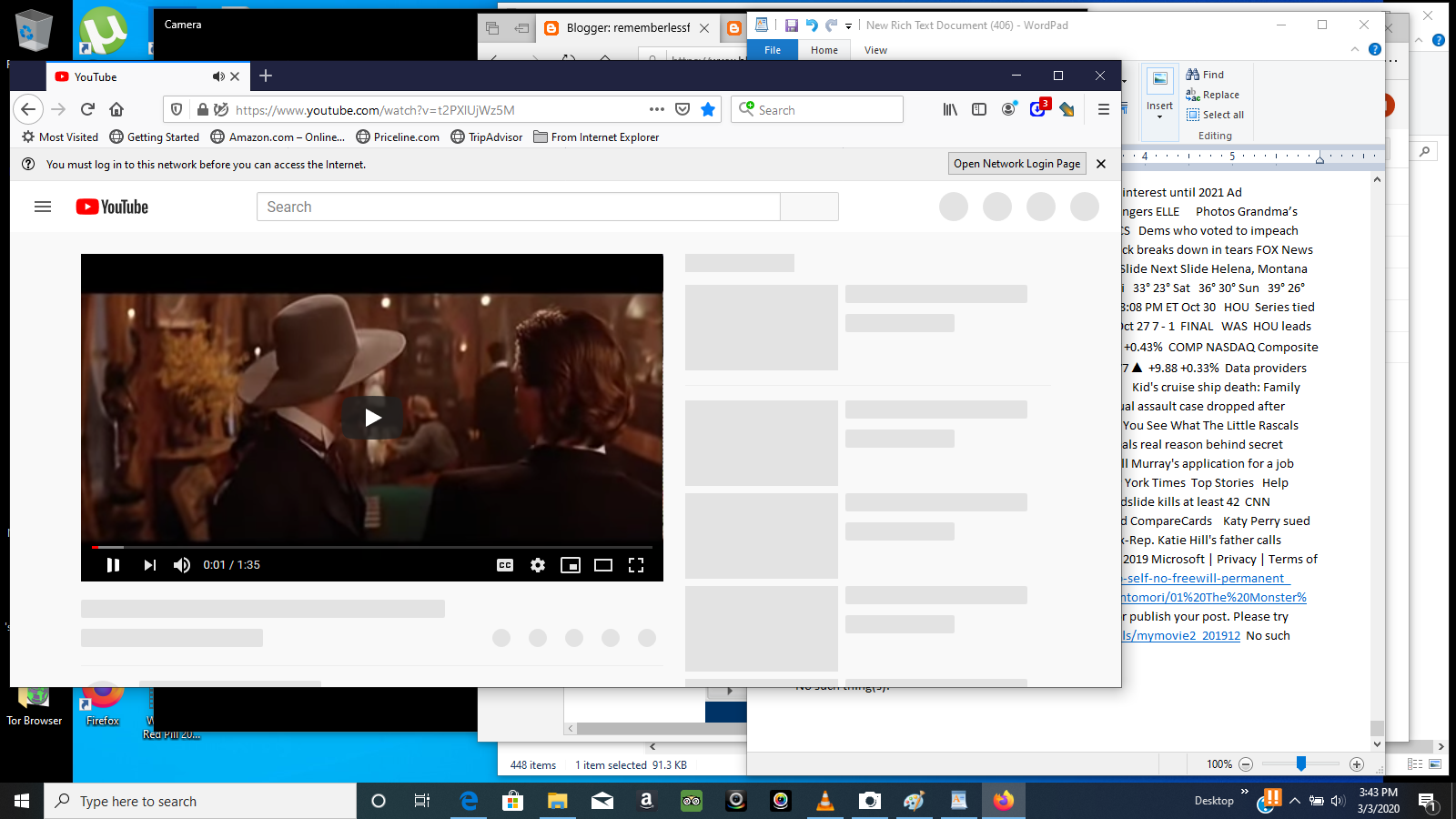
And even though other people saw him, no one moved to help, no one even realized he was in danger. The difference between me and the dead man in the poem seems to be that the man didn't have any family with him. I always stuck with one of them so that someone would know if I went under a wave and never came up. Thankfully, I have always been with my sister, parents, or aunts and uncles, who let me know when they thought we'd gone too far, or who came after me when I started to drift away. I have also noticed how easy it is to get very far out without noticing. Spinning in the darkness, with not idea where up is and no air is one of the scariest experiences I have had. As much fun as the ocean is, I have had enough experience being pummeled to be wary of its dangers. I have been there as a little kid, with my parents telling me to stick by them, near the shore, and as a teenager, in water so deep I could barely touch with sister, both of us watching out for each other. The waves there can be huge and lots of fun, but they have also broken a lot of necks.

This poem makes me think of my experiences in the ocean around Hawaii. It must have been too cold for him his heart gave way, Perhaps I'll tape it to my mirror to wake me up it the mornings. Overall, Clifton's poem is just fun and encouraging. There's the typical answer, "No," that she's probably not going to believe anyway, but there's also others answers, like "Heck no!" that, while not exactly standard English, is still more believable. It's like the when a girl asks if a dress makes her butt look big. And because Clifton chose such a "raw" form of speech, the whole poem is more believable.

It skips the formality or political correctness issues of standard English to get to its point. It's the kind of speech in which a girl can tell herself she's worth it without feeling guilt for being arrogant or self-centered. There's something warm, honest, and attractive about it. She's using what has been called "Black English." The "broken" dialect of English grown in eighteenth century century slavery and latter slums. None of Clifton's verbs agree with the subject, according to standard English grammar - and that's if they appear at all. And the message - you're body is unique and something to be proud of - is something that every woman should know.īut perhaps my favorite part of the poem it the rhythm. The words are simple and don't exclude anyone. And the slang in the poem makes it seem like it applies to all woman, rich or poor, educated or ignorant, confident or beaten down. Plenty of men can testify that "somebody need a map/ to understand" women. I also like that this entire poem could fit for any woman. She's just trying to prove to herself that she has some individual value. I like that the woman in this poem doesn't seem weak or completely broken like struggling woman so often are - she's saying some pretty bold things to herself, after all - but she isn't arrogant either. So it would seem that she has a good sense of self-worth, but there's a sense of worry to the poem, like she's trying to convince herself that what she's saying is true. It can be guessed that it is the woman saying these things to herself, not the mirror.

It's strange, then, for a mirror to be saying, "you a wonder." I think this poem does a good job of the insecurities of a woman's life. There's a sort of irony to the title "What the mirror said." Often, when girls look in the mirror, they see someone fat, stupid, un-cool, or whatever else negative there can be to looks. It's easy to believe that you're insignificant or ordinary.

Sometimes, being a girl or a woman can be incredibly hard. I've definitely stood in front of the mirror in my mirror and done that positive self-talk. The idea of a mirror prep-talking a girl may sound cheesy, but it's actually more true than it might appear at first. I really like the theme, and the rhythm to this poem is wonderful.


 0 kommentar(er)
0 kommentar(er)
